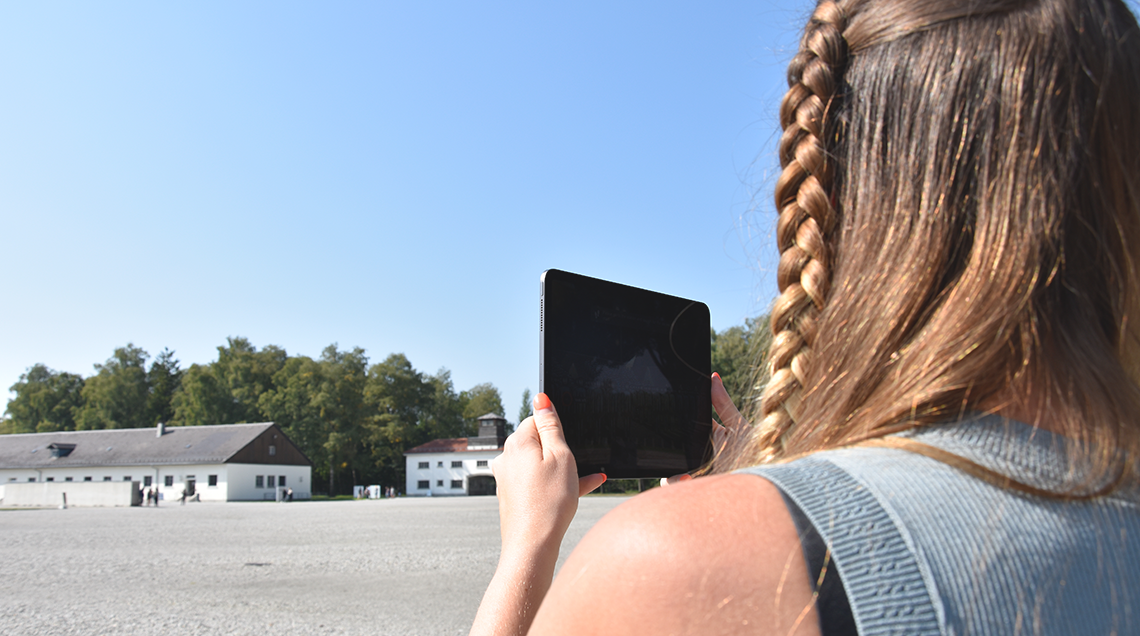Workshop
Education and memory in times of a global crisis III. Presentation of memorial sites and current education projects from Bangladesh to Poland
| 16.12.2021 | 15:00—17:30

The impact of Covid-19 has been felt in cultural institutions all around the world – especially in the educational departments. Many museums and memorial sites had been closed for weeks and months – again. Educators working at these places had to come up with ideas on how to deal with this situation. Often an accelerated or even completely new approach on digital or virtual resources has been the answer – many of these ideas can be found on the usual social media sites under #closedbutopen – but sometimes the forced break was also used to take a step back and develop methods and materials for the time after the shutdown. Therefore we would like to shed some light again on recent developments in historical education worldwide.
In this edition of our workshop series “Education and memory in times of a global crisis” we will take a look at current educational practices at sites and institutions that deal with violent pasts in their countries or regions. In addition, each of the speakers should present their memorial and possibly also show a part of the exhibition. Since we are dealing with the subject of genocide and perpetrator trials this month, we can also report on the history of the respective places. The speakers are amongst others Mofidul Hoque (Liberation War Museum, Dhaka/Bangladesh), Honore Gatera (Kigali Genocide Memorial, Kigali/Rwanda), and Paweł Maliszewski (Treblinka Museum, Treblinka/Poland). They will present ideas and projects that they think might be helpful to other institutions all around the world. There is going to be space for questions as well as time to discuss the impact of these ideas.
Timetable (All times are MESZ/UTC+2)
3 p.m.
Welcoming and short introduction:
Maximilian Lütgens, Dachau Concentration camp Memorial Site, Dachau/Germany
Franziska Müller, Master Student of Human rights and international humanitarian law, European University Viadrina, Frankfurt upon Oder/Germany
3.15 p.m.
Lecture 1: Maximilian Lütgens (Dachau Concentration camp Memorial Site, Dachau/Germany)
Lecture 2: Mofidul Hoque (Liberation War Museum, Dhaka/Bangladesh)
Moderation: Franziska Müller (Master Student of Human rights and international humanitarian law, European University Viadrina, Frankfurt upon Oder/Germany)
4 p.m.
Break
4.15 p.m.
Lecture 3: Honore Gatera (Kigali Genocide Memorial, Kigali/Rwanda)
Lecture 4: Paweł Maliszewski (Treblinka Museum, Treblinka/Poland)
Moderation: Maximilian Lütgens (Dachau Concentration camp Memorial Site, Dachau/Germany)
5 p.m.
Questions and Discussion
5.20 p.m.
Closing words
The workshop is going to be held in English. There is no fee.
The workshop is taking place via the video conferencing software Zoom. Due to limited space, a registration is necessary via Eventbrite
Participants will receive information for the login, technical requirements etc. once they have registered.
